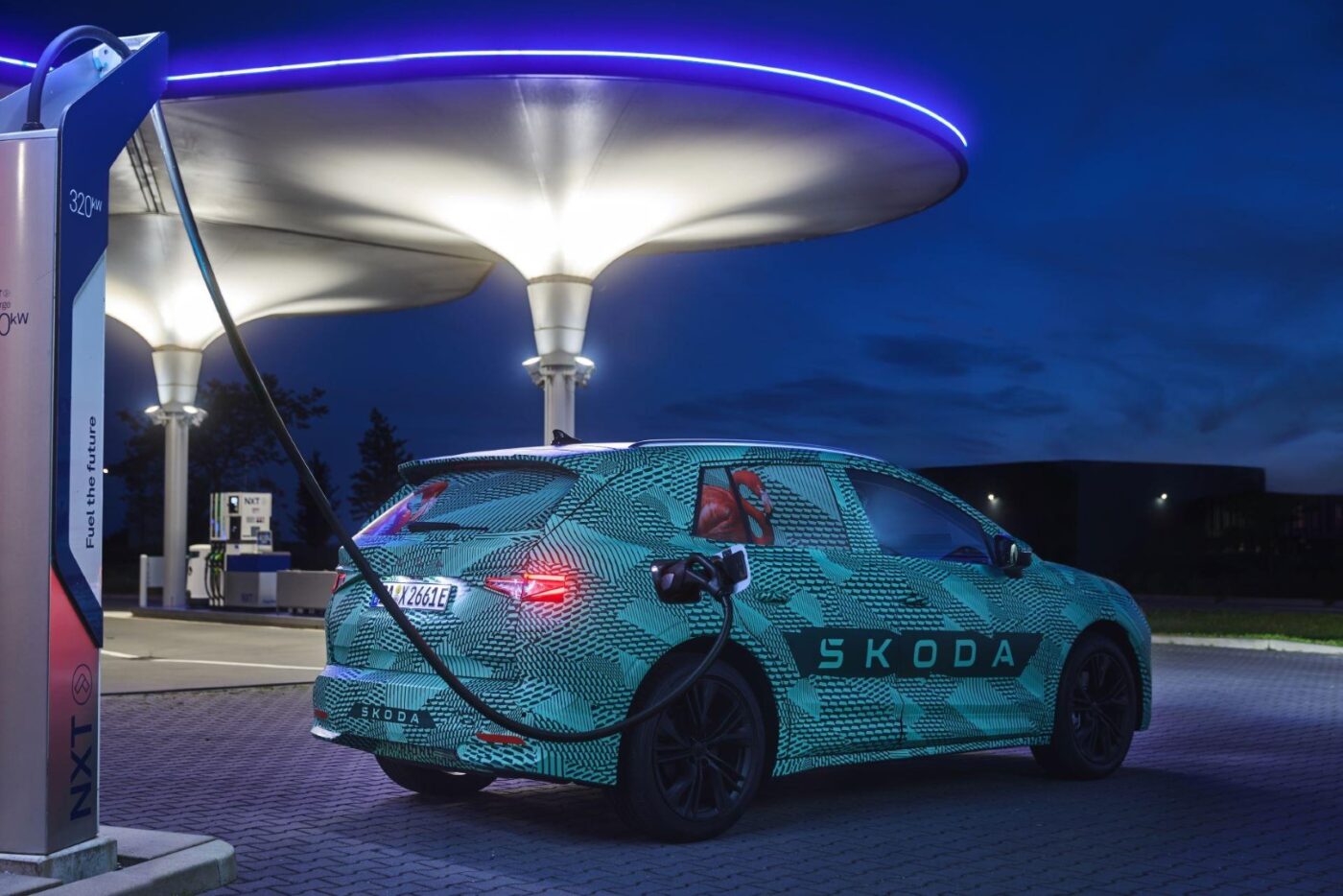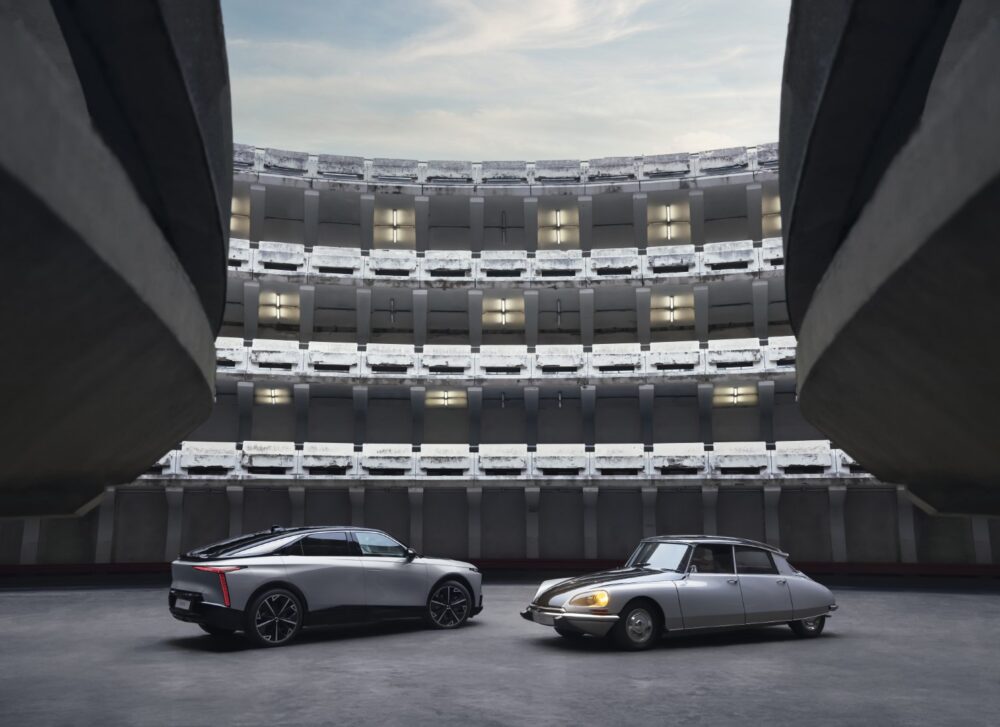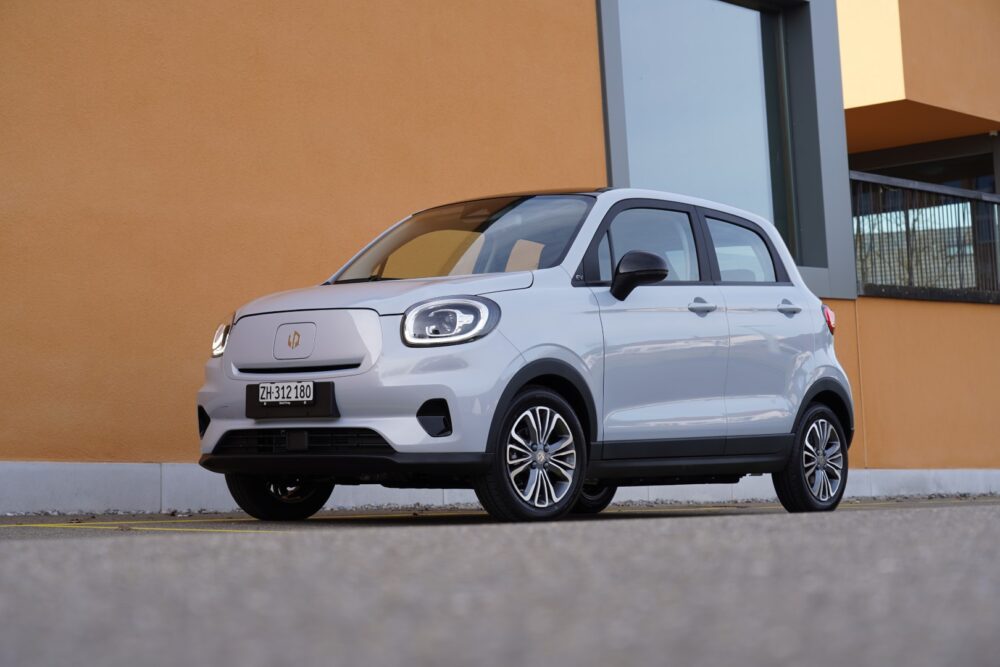Sustainability at Skoda: A sip of coffee
Karsten Schnake, Board Member for Procurement at Skoda and Sustainability Officer, explained the importance of sustainable materials and innovative technologies in car manufacturing using the still camouflaged, all-electric Skoda Elroq.
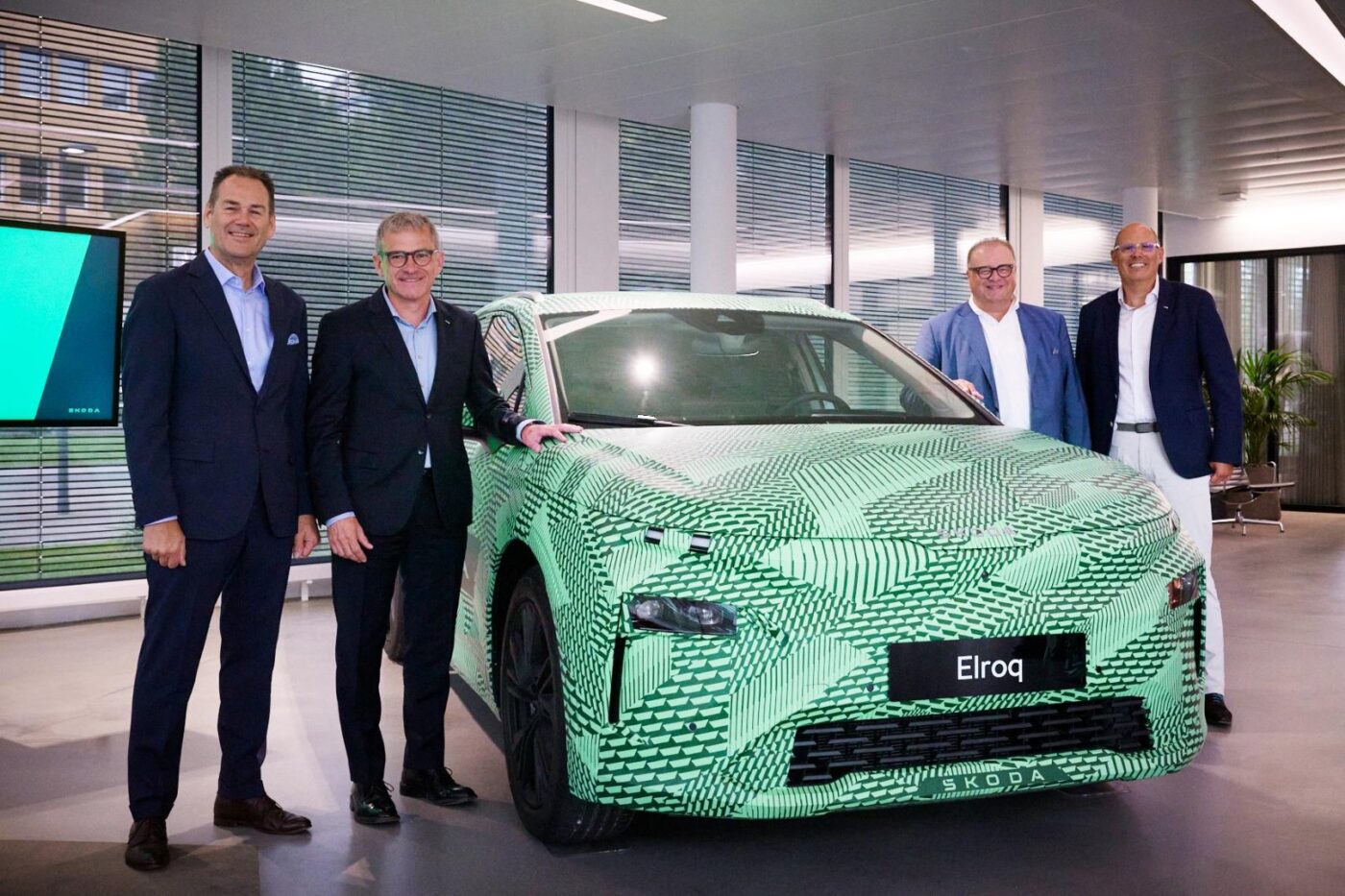
Skoda pursues a holistic approach to sustainability and tries to reduce CO2-emissions of its business activities and to promote the circular economy. In Cham ZG, Karsten Schnake, Board Member for Procurement at Skoda Auto and Sustainability Officer of the Board of Management, explained what this means for customers in addition to new e-models.
Genuine circular economy In close cooperation with suppliers, Skoda is increasing the use of natural, recycled and recyclable materials in its models. In the new Superb, for example, all textile components of the seats and door panels are made from 100 percent recycled polyester. The ice scraper in the fuel filler cap and the umbrella in the door are also made from sustainable materials. From 2025, the proportion of recycled plastics is to be doubled to around 40 kg per vehicle.

Curiosity Fuel coffee At the Vrchlabí component plant, Skoda has even been producing CO2-neutral - thanks to biogas, among other things. At Skoda, sustainability has long included social aspects. That's why the company itself has been producing sustainably grown coffee for a year now. And the coffee bean husks are to be used for tanning car leather - no joke! Karsten Schnake: "Every sip of Curiosity Fuel coffee can inspire further ideas on how we can reduce our ecological footprint even more effectively."
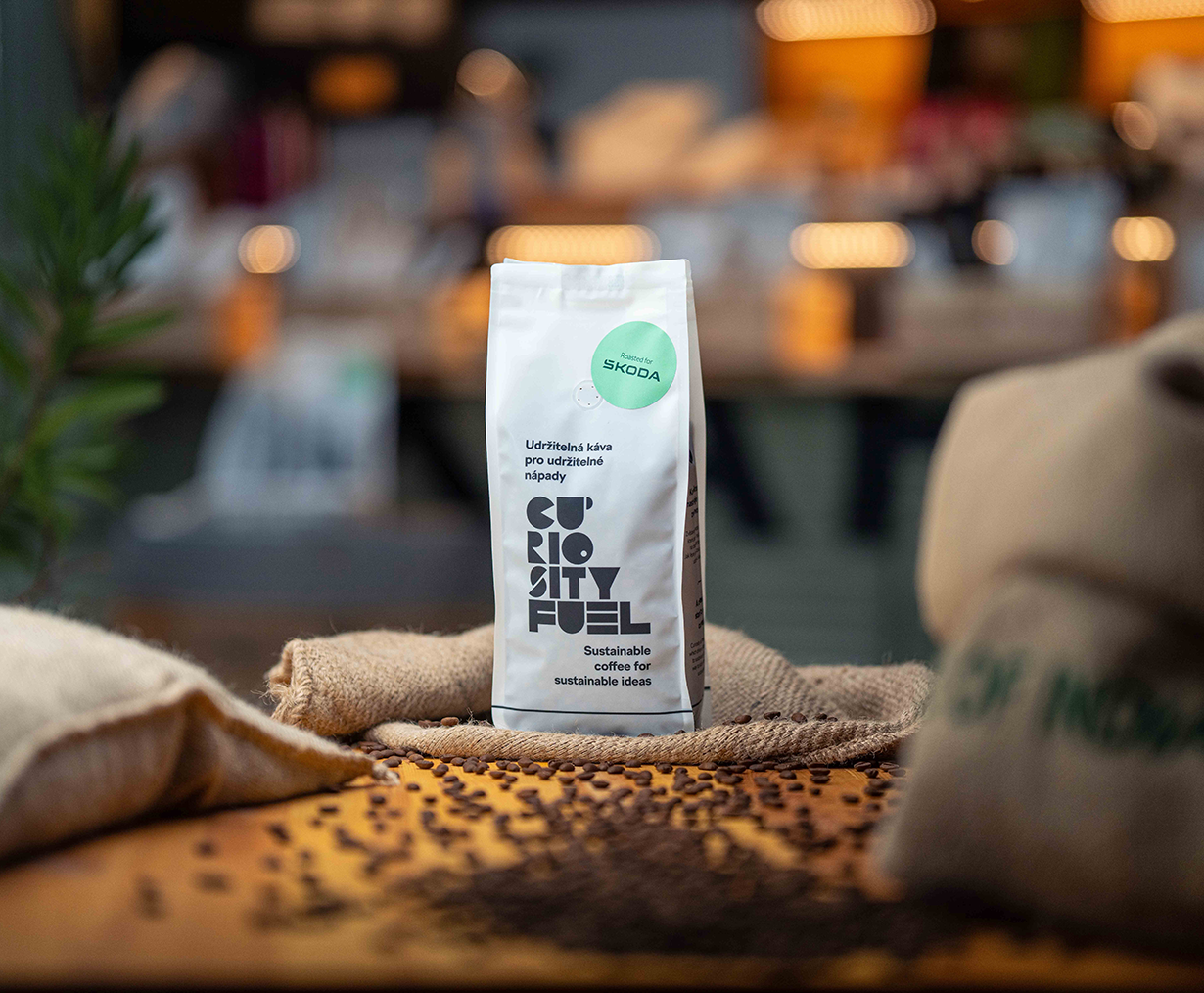
Investment-rich strategy Skoda is also systematically implementing its plans for digitalization and electrification and intends to invest billions in e-mobility. The Elroq is now an attractive, all-electric newcomer in the important compact SUV segment. It boasts 470 to 1580 liters of luggage space, is available in Switzerland with system outputs of 150 to 220 kW and has a range of over 560 km according to the WLTP.
